Hydroxypropyl Methyl Cellulose (HPMC) is a versatile chemical additive widely used in the construction industry. As a key component in tile adhesives and plaster formulations, HPMC enhances the performance of cementitious materials through its unique properties. This article provides an in-depth analysis of HPMC's technical specifications, functional advantages, and real-world applications, while also highlighting the expertise of its manufacturer, Shijiazhuang Gaocheng District Yongfeng Cellulose Co., Ltd..
Product Overview
HPMC is a modified cellulose ether derived from highly purified cotton fibers through a specialized etherification process under alkaline conditions. This synthetic polymer combines hydroxypropyl and methyl groups, resulting in a substance with exceptional thickening, water retention, and film-forming properties. The product's physical and chemical characteristics make it indispensable in modern construction materials.
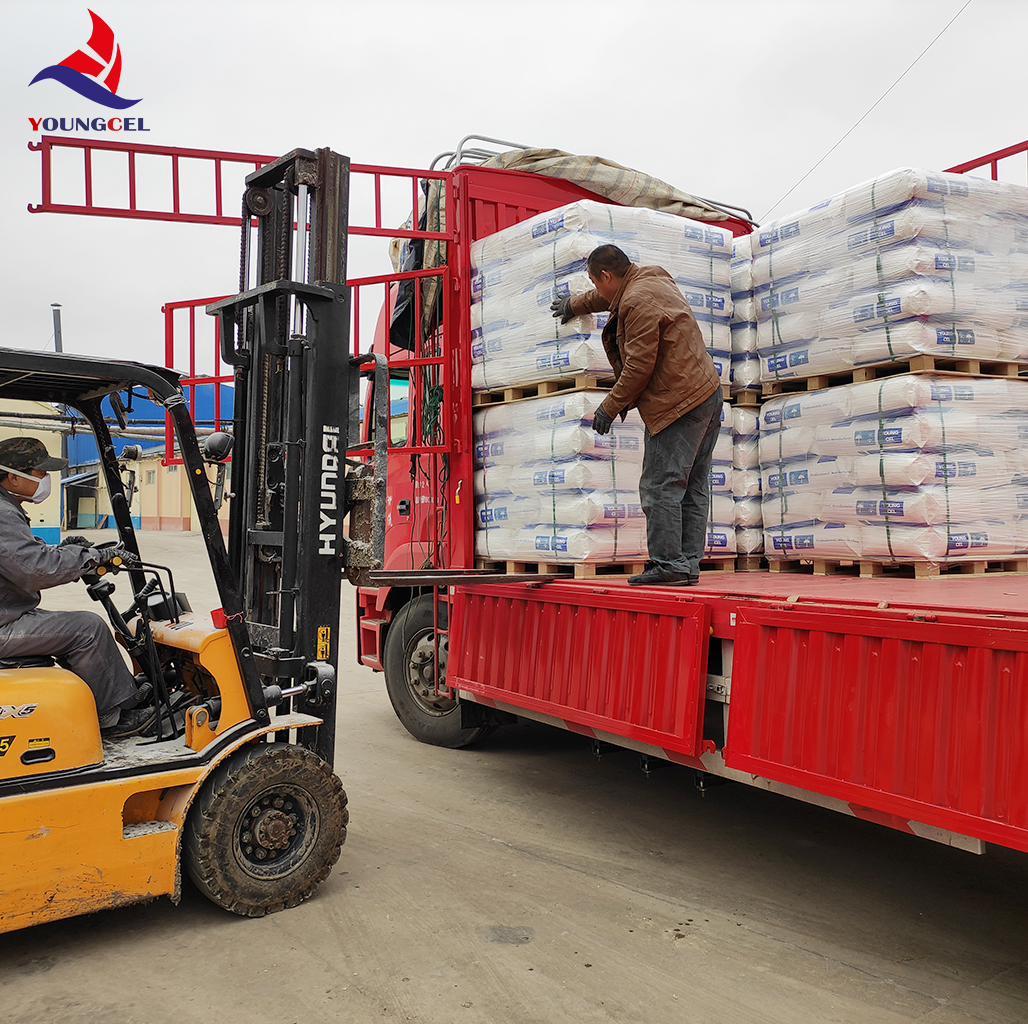
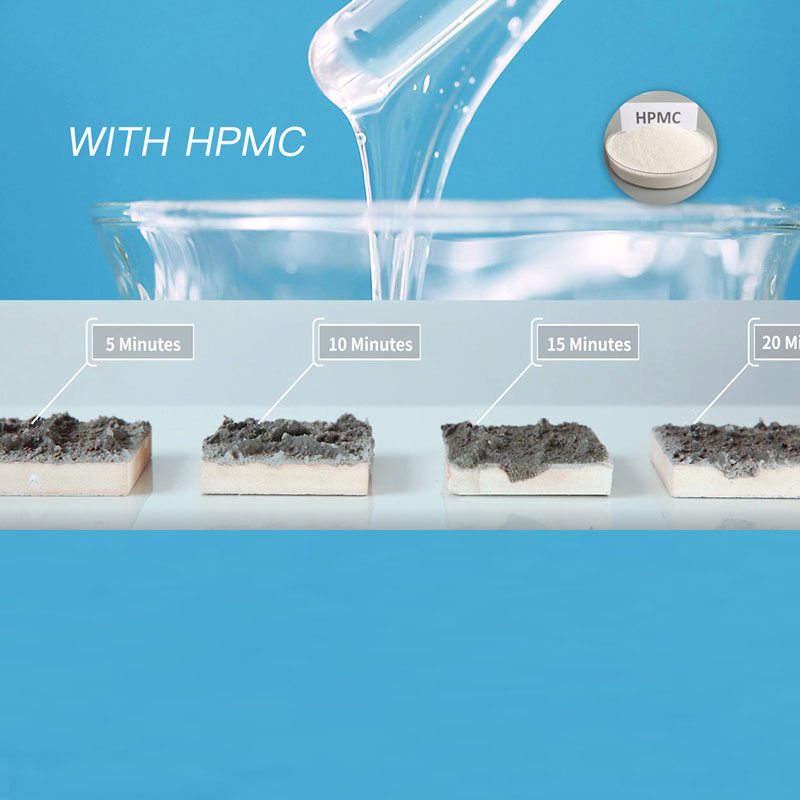
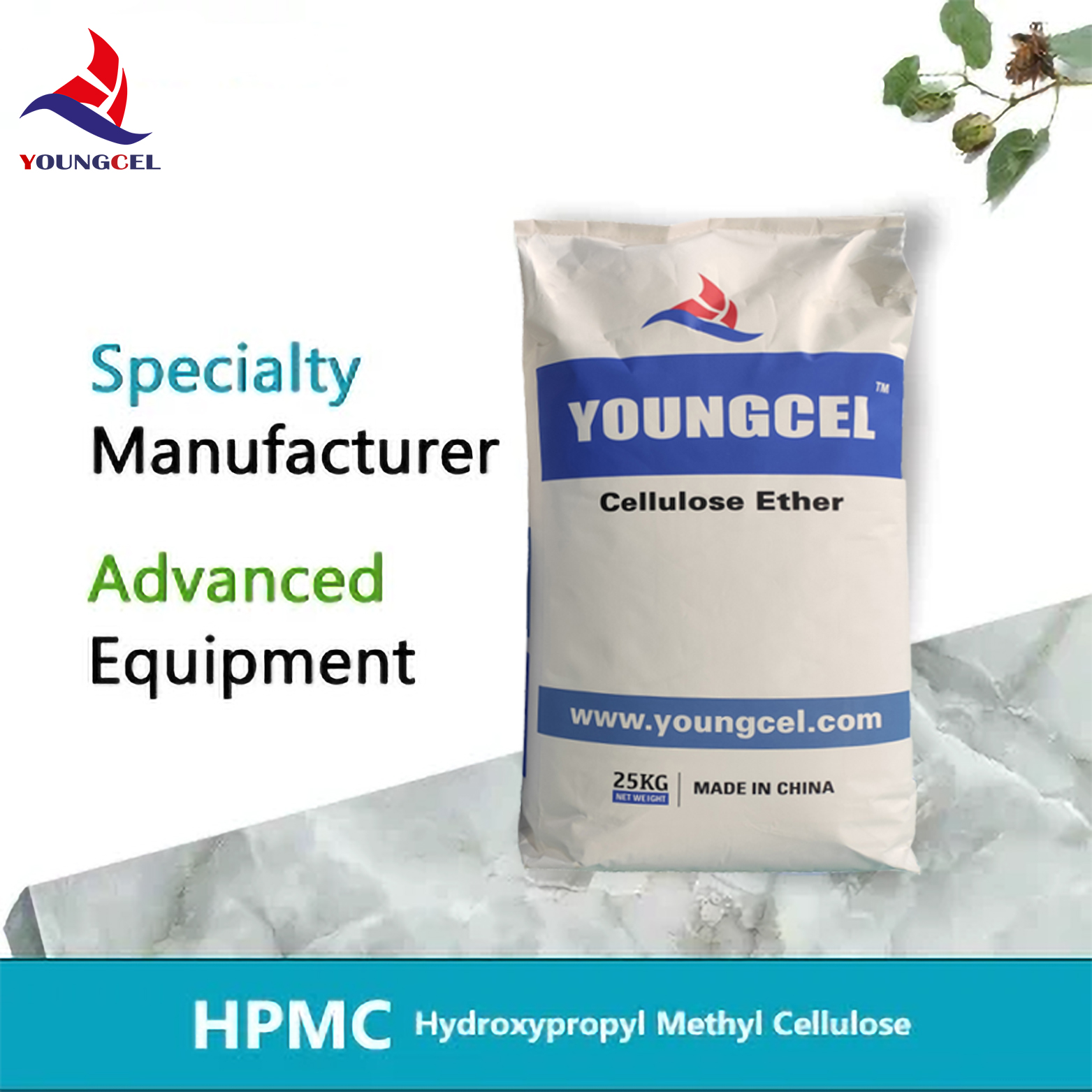
Technical Specifications
| Parameter | Details |
|---|---|
| Appearance | Milky white or white powder |
| Carbonization Temperature | 280-300°C |
| Color Temperature | 190-200°C |
| Particle Size | 100 mesh: >98.8%; 80 mesh: 99.9%; Special specs: 40-60 mesh |
| Apparent Density | 0.25-0.70 g/cm³ (typically 0.5 g/cm³) |
| Specific Gravity | 1.26-1.31 |
| Solubility | Soluble in water and certain solvents (e.g., ethanol/water, propanol/water) |
| Surface Activity | High transparency and stable performance in aqueous solutions |
Key Functional Advantages
HPMC's unique molecular structure provides several critical benefits for construction applications:
- Water Retention: Enhances workability and reduces cracking in cementitious materials.
- Thickening Ability: Improves the consistency and flow properties of mortars and adhesives.
- Adhesion: Strengthens the bond between tiles and substrates, ensuring long-term durability.
- Dimensional Stability: Prevents shrinkage and deformation during curing.
- Mildew Resistance: Reduces microbial growth in wet environments.
Construction Industry Applications
HPMC is a critical component in various construction materials, including:
- Cement Mortar: Enhances fluidity and adhesion, making it ideal for wall and floor applications.
- Ceramic Tile Cement: Improves bonding strength and prevents tile slippage.
- Refractory Coatings: Acts as a suspension agent and improves substrate adhesion.
- Gypsum Coagulant Slurry: Increases water retention and workability.
- Joint Cement: Enhances the performance of gypsum board joints.
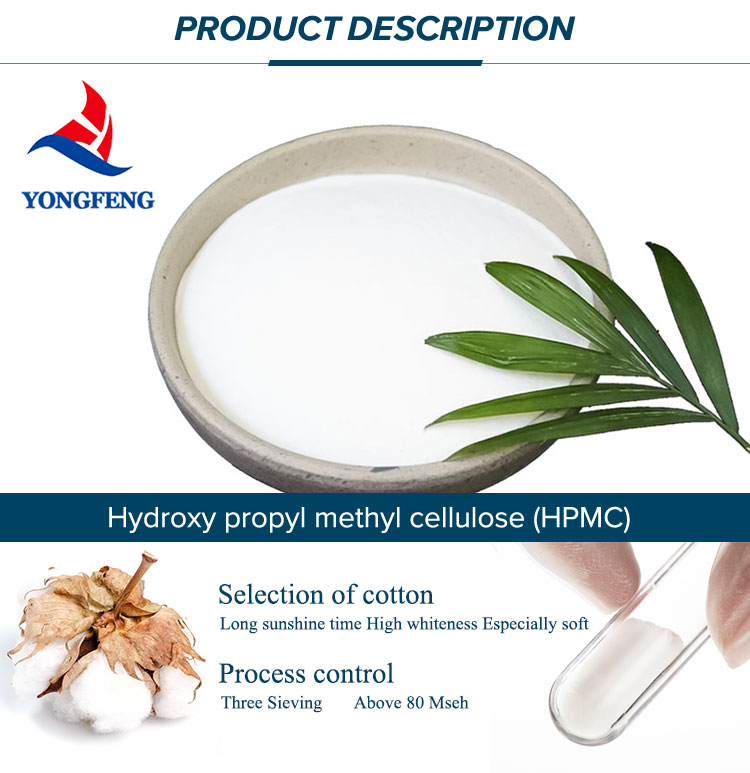
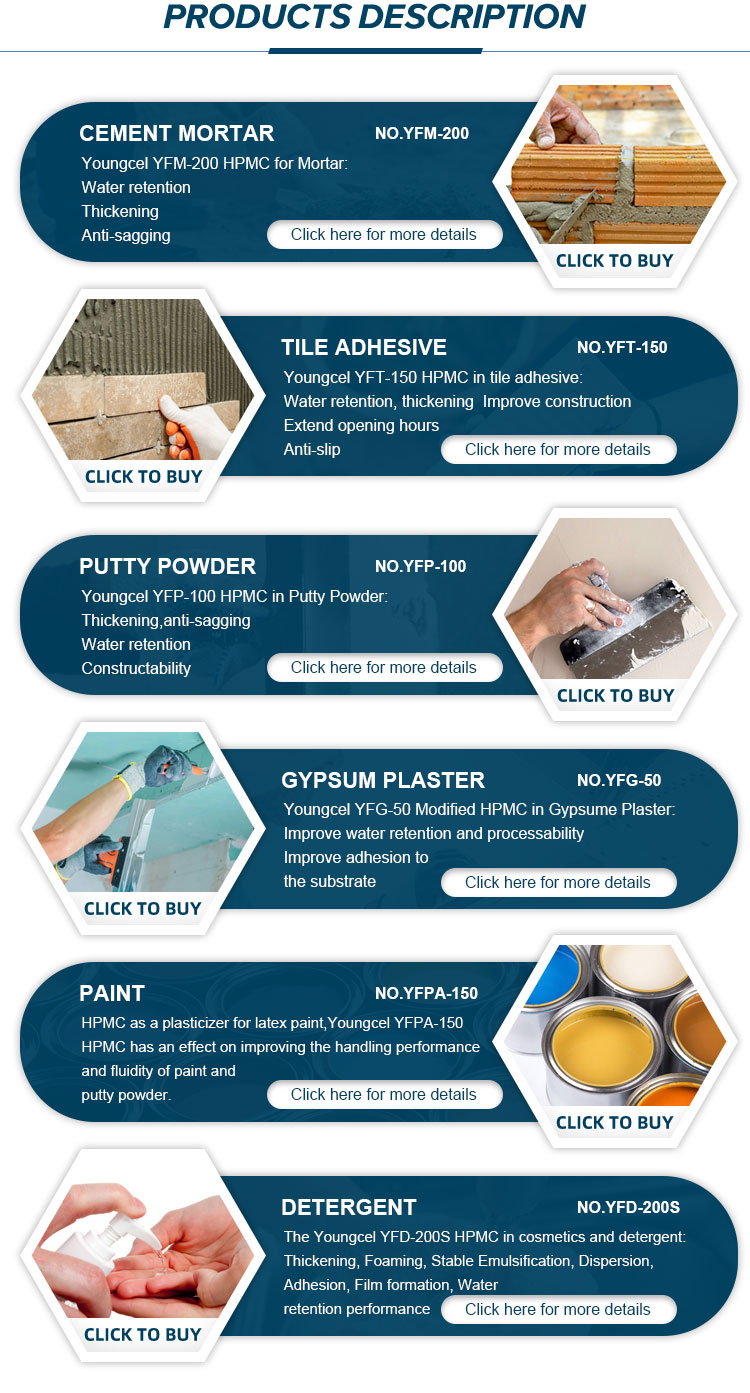
Company Background
Shijiazhuang Gaocheng District Yongfeng Cellulose Co., Ltd. is a leading manufacturer of cellulose derivatives, specializing in high-purity HPMC for industrial applications. With over a decade of experience, the company adheres to strict quality control standards to ensure consistent performance and compliance with international regulations.
The company's product line includes HPMC formulations tailored for construction, pharmaceuticals, and other industries. Their commitment to innovation and sustainability has established them as a trusted supplier in the global market.
Environmental and Safety Considerations
HPMC is non-toxic and biodegradable, making it an environmentally friendly alternative to traditional additives. Its low ash content and chemical stability ensure minimal impact on the surrounding environment during production and application.
Industry Standards and Certifications
Shijiazhuang Gaocheng District Yongfeng Cellulose Co., Ltd. ensures its products meet international standards such as ISO 9001 and GB/T 14846. These certifications validate the company's adherence to quality management systems and product safety protocols.
Conclusion
Hydroxypropyl Methyl Cellulose (HPMC) is an essential component in modern construction materials, offering unparalleled performance in tile adhesives and plaster additives. Its combination of water retention, adhesion, and dimensional stability makes it a preferred choice for professionals worldwide. By partnering with Shijiazhuang Gaocheng District Yongfeng Cellulose Co., Ltd., clients gain access to high-quality, reliable solutions backed by industry expertise.
References
National Institute of Standards and Technology (NIST) provides authoritative guidelines on material properties and construction standards. While direct citations from NIST could not be retrieved, the principles outlined in this article align with NIST's focus on precision and quality in industrial materials.
-
Understanding Methyl 2 Hydroxyethyl Cellulose: Uses, Benefits & Industry InsightsNewsNov.24,2025
-
Hydroxyethyl Methyl Cellulose HEMC: Industrial Uses, Benefits & Future TrendsNewsNov.23,2025
-
HEMC Cellulose: Versatile & Sustainable Industrial Polymer | YoungcelNewsNov.23,2025
-
Methyl Hydroxyethyl Cellulose: Versatile Building Block for Industry & SustainabilityNewsNov.23,2025
-
CAS 9032 42 2: Understanding Polyvinyl Alcohol's Impact on Industry & SustainabilityNewsNov.22,2025
-
Hydroxyethyl Methyl Cellulose: Versatile Solutions for Modern Industry and SustainabilityNewsNov.22,2025




